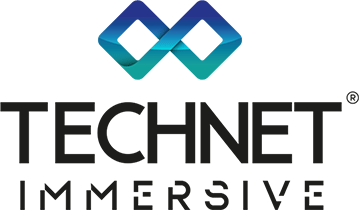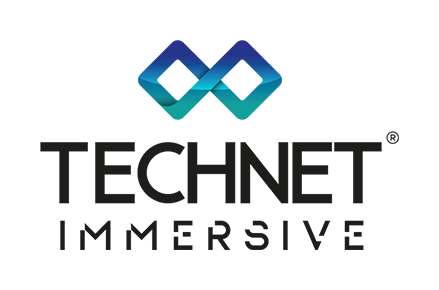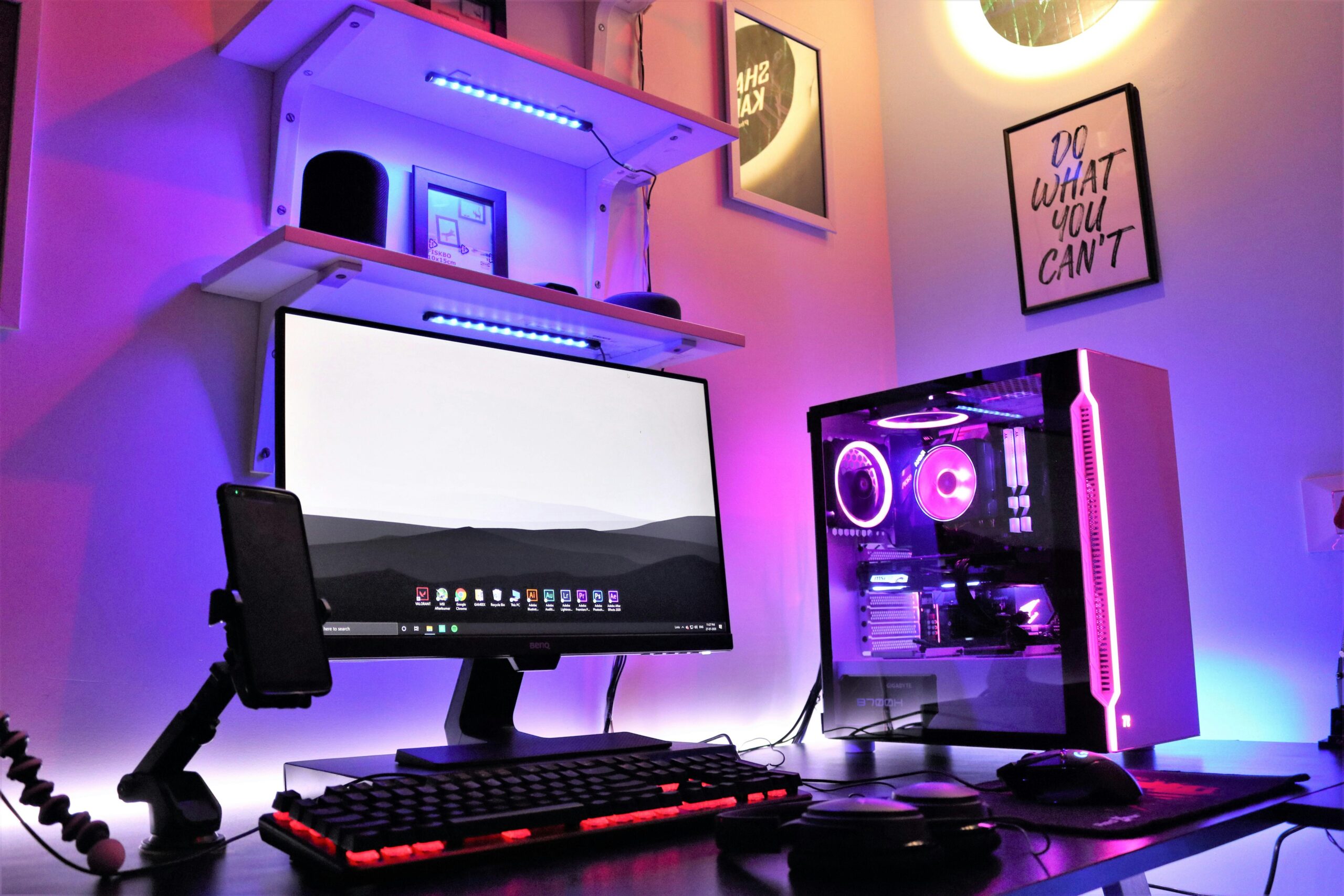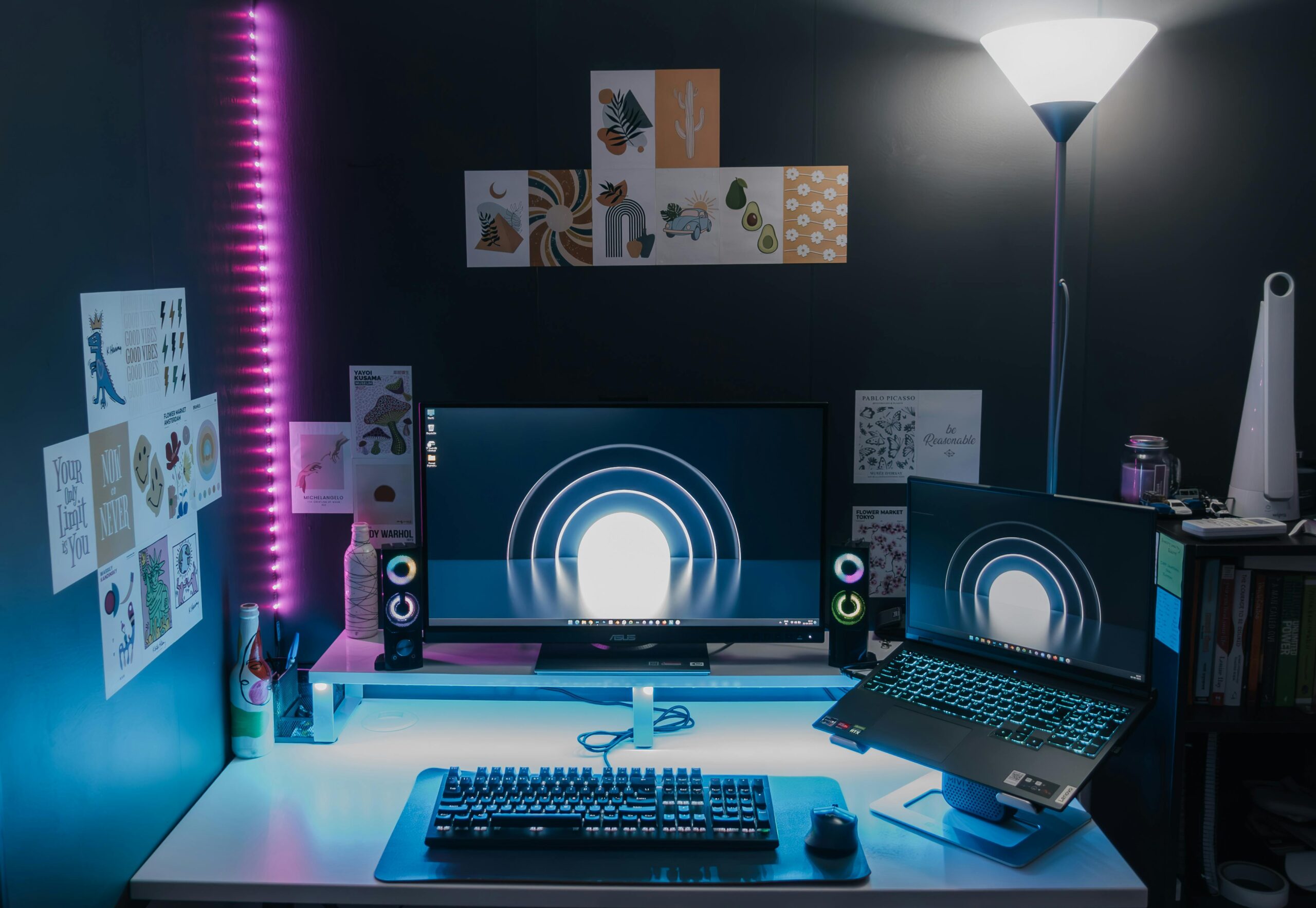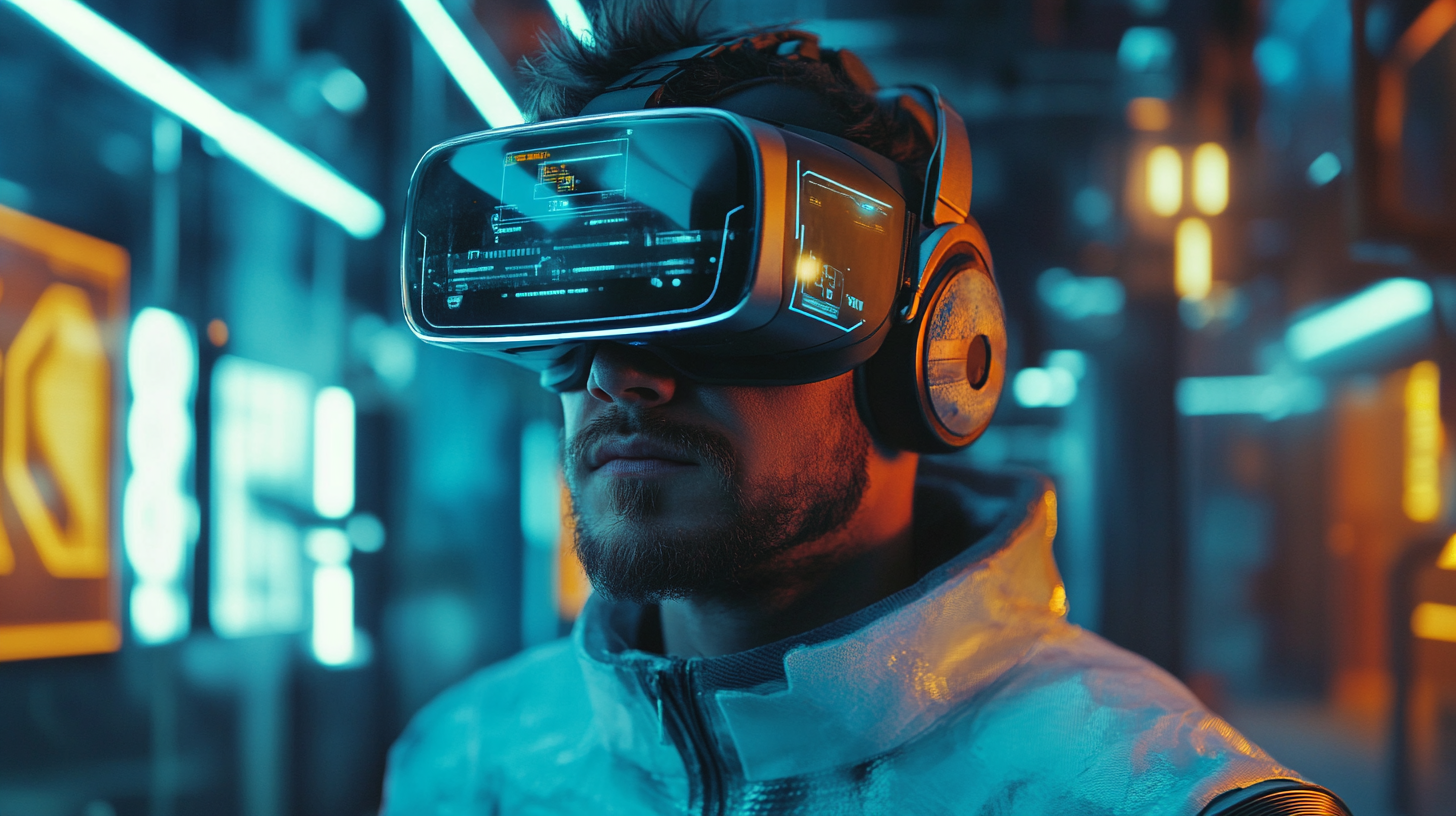
Employee well-being in gaming & immersive technology
Is employee well-being in a good place within the gaming and immersive technology industries? Maintaining a happy workplace is more crucial than ever. Employee well-being isn’t just a bonus in the gaming industry—it’s critical for driving productivity, creativity, and long-term success.
As mental health challenges become more prevalent, studios and companies must create environments that prioritise well-being while managing the intense pressures that often come with game development and technology advancements. Today, we’ll explore practical strategies to enhance workplace happiness, drawing from key insights and industry trends found in our 2024 Gaming & Immersive Salary Survey Report. Let’s dive into what really drives happiness, retention, and sustainable success!
Are professionals given flexibility?
The discussion around remote working continues! While many have adapted to a hybrid model of working, our respondents revealed a surprising preference. 60% shared that they work best fully remotely. This preference for remote work suggests that many professionals find greater focus, flexibility, and balance outside traditional office settings.
Given the often demanding nature of game development, where crunch time and long hours can take a toll, the ability to work remotely allows individuals to create a more comfortable and less stressful work environment. This is not just about productivity—it’s about creating a work-life balance that supports mental health, reduces burnout, and ultimately contributes to higher job satisfaction and retention in the industry.
Are employee workloads too much to handle?
This year, we asked a new question concerning employee workload. Ranking out of ten, from light workload to heavy, the average score was 6.4/10. This indicates a moderately high level of work intensity. While not extreme, this score suggests that many professionals experience a significant amount of pressure, which could have mixed implications for their well-being.
On one hand, a certain level of challenge can drive creativity and engagement, which are crucial in a highly innovative field like gaming & immersive tech. However, if this workload consistently leans toward the higher end of the scale, it could lead to stress, fatigue, and eventual burnout. Maintaining a workload that hovers around this score requires careful management to ensure it doesn’t tip into unhealthy territory, underscoring the need for proactive measures to support mental health and sustain long-term productivity in the industry.
Notably, 44% of respondents report that their workload leads to increased stress and anxiety. Meanwhile 35% struggle with maintaining a healthy work-life balance. This highlights significant challenges to well-being in the industry.
Who do people feel they can voice well-being concerns to?
When professionals are feeling the pressure outlined above, who do they turn to? Here’s what our respondents told us…
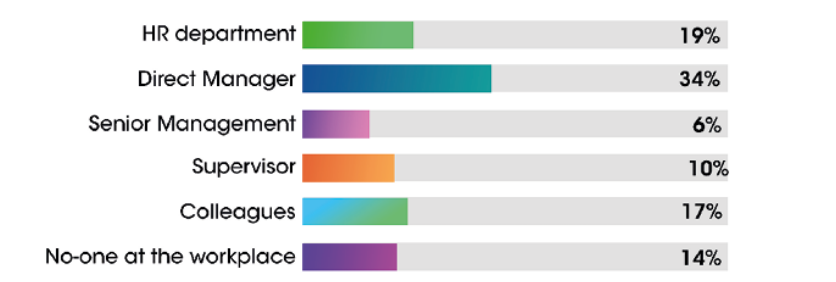
While 34% of respondents feel comfortable discussing these issues with their direct manager, this drops sharply to just 19% who would turn to the HR department. Alarmingly, only 6% feel they can raise concerns with senior management, and 14% don’t feel comfortable sharing with anyone at their workplace.
This indicates a potential disconnect between employees and upper leadership. The fact that a notable portion of respondents feel isolated in their concerns suggests a need for improved communication channels and a more supportive workplace culture, where employees feel safe and encouraged to speak up about their well-being.
Find more insights from gaming & immersive tech professionals!
There is so much more to discover – simply download a free copy of the 2024 Gaming & Immersive Salary Survey Report. Looking for recruitment support? Check out the latest jobs or submit your CV! If you’re hiring, submit a vacancy and the team will be in touch!
